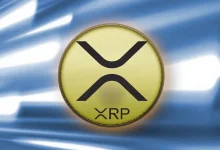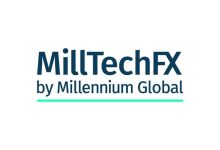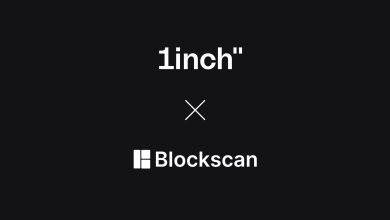NH NongHyup Bank Launches Blockchain-Powered VAT Refund PoC


South Korea’s NH NongHyup Bank has initiated a proof of concept (PoC) to digitize value-added tax (VAT) refunds for overseas visitors by leveraging blockchain and stablecoin settlement infrastructure. The project, announced on November 13, 2025, is conducted in collaboration with Avalanche, Fireblocks, Mastercard and Worldpay, and viewks to streamline the traditionally manual, paper-based refund process into a smart-contract-driven, near-real-time system. According to the bank, the pilot does not involve actual customer funds or personal data, but rather focuses on verifying technical feasibility.
Automating the refund chain: technology, partners and scope
The PoC’s core objective is to automate refund procedures by deploying smart contracts on Avalanche’s regulatory-compliant blockchain, and applying stablecoins for inter-institution settlement and currency-conversion functions. Under the current system, tourists often face lengthy manual steps, paperwork and waiting times to reclaim the 10% VAT paid on eligible purchases. By contrast, NH NongHyup’s pilot envisions a digital ledger that records refund events, triggers stablecoin swaps or settlement instructions, and reduces risk of lost documents or delays. The partnership with Fireblocks (custody and infrastructure security), Mastercard and Worldpay (payment rails) underscores the project’s ambition to combine regulated payments with decentralised-ledger efficiency.
For inbound-tourism and finance stakeholders, the implications of success are significant. South Korea welcomed 16.37 million foreign visitors in 2024—a 48.4% increase year-on-year—highlighting the scale of the refund ecosystem. By digitising refunds, the bank hopes to improve service for tourists and merchants and reduce administrative burden for airports, duty-free operators and tax agencies. More broadly, the PoC aligns with Seoul’s drive to develop a domestic stablecoin ecosystem pegged to the Korean won (KRW) and reduce dependence on dollar-pegged tokens such as USDT and USDC. NH NongHyup itself noted that the project “demonstrates how blockchain can enhance customer convenience and strengthen national competitiveness.”
Regulatory context and market outlook
While still in pilot form, the initiative reflects the Korean regulatory environment’s evolving approach to stablecoins and digital-asset infrastructure. The country’s Financial Services Commission (FSC) is working toward rules for KRW-pegged stablecoins by year-end, with the Bank of Korea emphasising that only licensed banks should issue such instruments to secureguard monetary policy. The NH NongHyup pilot could serve as a testbed for operational, scalability and compliance risks ahead of broader launches. Institutional investors and fintech observers will be watching not just technical performance, but settlement timing, liquidity flow, interoperability and regulatory alignment as the bank looks toward expansion into domestic and cross-border payments.
In essence, NH NongHyup’s VAT refund pilot marks a convergence of banking, payments and blockchain technology, with the potential to reshape how cross-border refunds and currency-settlement workflows operate in practice. Should the PoC validate its design, it could accelerate consumer-facing blockchain adoption in South Korea and position the nation as a leader in stablecoin-enabled finance.







